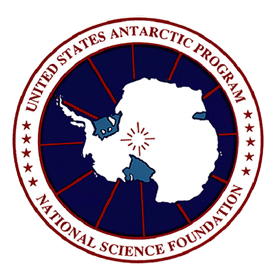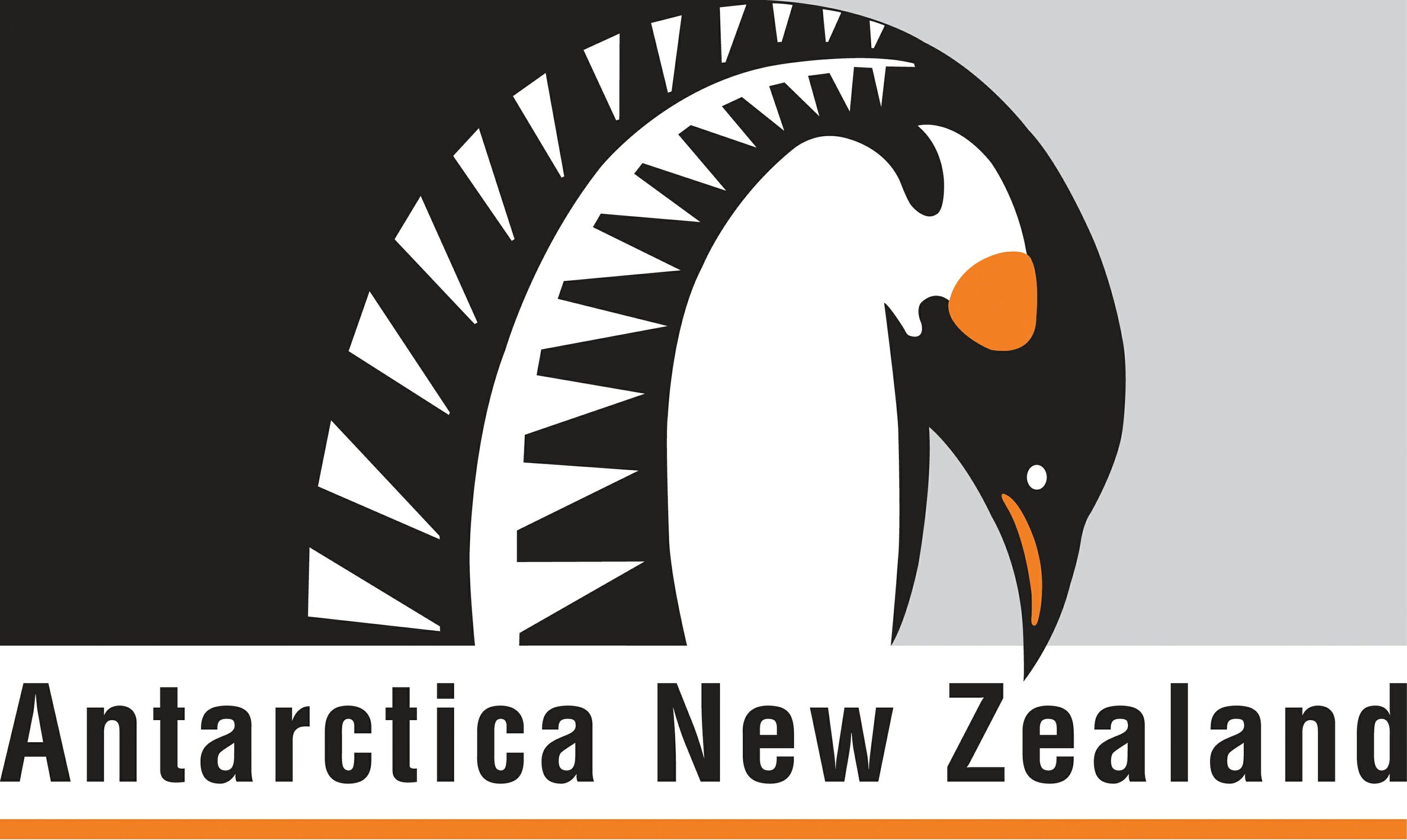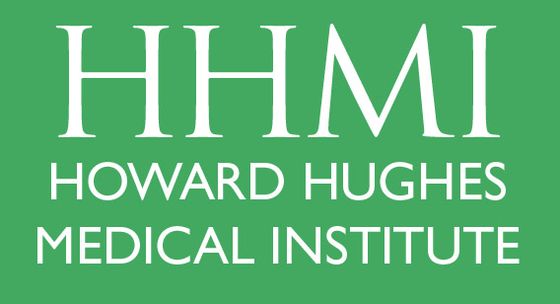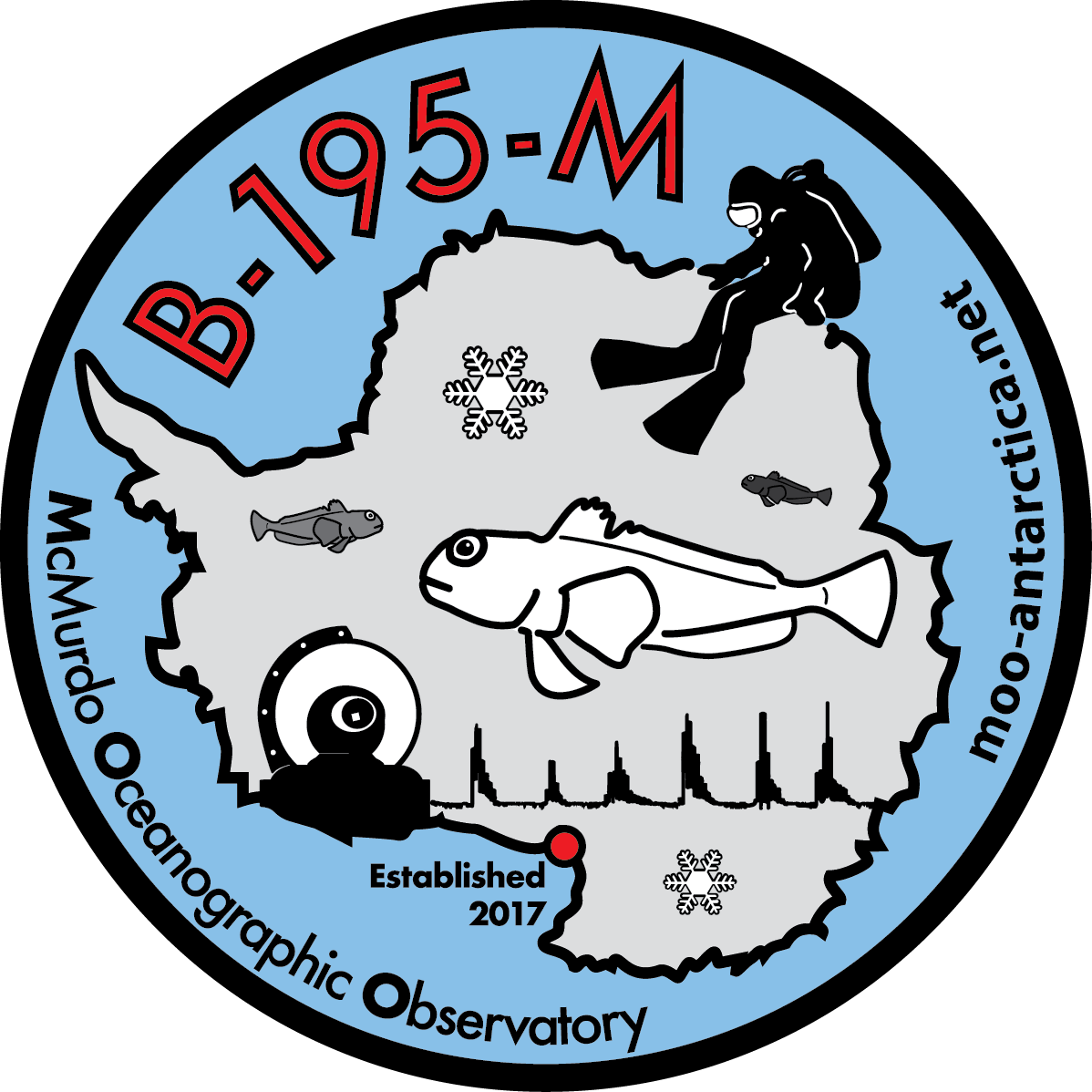About Me
Employment
2023 to Present - Marine Biologist, NOAA Kasitsna Bay Laboratory, Seldovia, Alaska
2021 to 2023 - Technical consultant and R&D, Baseline Aquatic LLC, Eugene, Oregon
2017 to 2020 - Research Assistant Professor, Institute of Ecology and Evolution, University of Oregon
2016, 2019, 2022 - Instructor, Oregon Institute of Marine Biology, University of Oregon
Interests and Experience
Science supporting coastal communities
As a Research Marine Biologist at NOAA’s (NCCOS) Kasitsna Bay Laboratory in Seldovia, Alaska, I work to conduct applied marine research to support our local and wider Alaskan communities. My projects involve oceanography of Kachemak bay, ecological monitoring, integrating modern real-time sensors into our monitoring program and projects related to education, outreach and coastal resilience.
Real-time, long-term ocean monitoring
Through Baseline Aquatic LLC, I provided consulting services to organizations and individuals interested in acquiring real-time, long-term observations of ocean habitats for research, education and public engagement. This work includes primarily the design and installation of relatively inexpensive oceanographic micro-observatories (live video, time-lapse imagery, ocean conditions, acoustics and more). My work in this field builds on the success of and lessons learned while developing and working on the McMurdo Oceanographic Observatory project (see below).
Surviving in a freezing ocean
I was the project leader for the McMurdo Oceanographic Observatory (MOO) project–a live-streaming underwater oceanographic observatory beneath the sea ice of McMurdo Sound, Antarctica. The project supported my scientific research projects and provided a public window into a special under-ice realm.
My work on this project revolves around the ecology, evolution and physiology of polar fishes, especially the Antarctic notothenioids. My research on these unique organisms includes their freezing-avoidance mechanisms conferred by the evolution of antifreeze proteins, their ecology, life history, development and various other adaptations that enable their survival in frigid seawater. To understand the environmental context in which these fishes evolved, I also investigate the oceanographic processes in Antarctica, especially in McMurdo Sound that cause the formation of underwater ice (anchor- and platelet ice) and drive the gain and loss of ice crystals inside these fishes' bodies.
Passive acoustic monitoring - under the sea ice of Antarctica
As part of the McMurdo Oceanographic Observatory project, we recorded the under-ice soundscape in McMurdo Sound for 2 years. This unprecedented dataset allowed us to discover that the resident Weddell seals regularly produce ultrasonic vocalizations (that is, above the human hearing range). The ability to vocalize at ultrasonic frequencies was previously not known for any other pinnipeds (seals, seal lions/eared seals and walrus).
Unveiling the evolutionary history of an important family of proteins
My Ph.D. dissertation research, advised by Dr. Joe W. Thornton, included studies related to the evolution of steroid hormone receptor proteins (the protein family that includes the receptors for estrogen, testosterone and progesterone in humans). I use genomic, phylogenetic and functional analyses, on extant and reconstructed ancestral steroid receptor proteins, to trace the evolutionary history and functional diversification of this important gene family from its origin in one of the first true animals over 600 million years ago.
Education
2014 - Ph.D. Evolutionary Biology. Graduate Program of the Institute of Ecology and Evolution, University of Oregon, Eugene, USA.
2004 - B.S. – Biology Honors with Highest Distinction, University of Illinois, Urbana-Champaign, USA.
2004 - B.S. – Biochemistry, University of Illinois, Urbana-Champaign, USA.
Teaching
2016, 2019 and 2022 - Biology of Fishes (457/557), University of Oregon/Oregon Institute of Marine Biology, Charleston, Oregon (8-week intensive field and laboratory course).
Field Work
Principal Investigator & Field Team Leader:
2017, 2018 (3 months each) at McMurdo Station Antarctica, managing the McMurdo Oceanographic Observatory (MOO) and related research under project B-195-M. More info at the MOO site moo-antarctica.net.
Field Station Research:
2002, 2004, 2008, 2011, 2012, 2015 (2-7 months each) Antarctica, including McMurdo and Palmer stations (US), New Harbor Camp (US) and Scott Base (New Zealand). Diversity, evolution and physiology of Antarctic fishes, freezing avoidance, larval fish biology, invertebrate ecology, oceanography. Researcher, scuba diver, and lead field scientist (2012). With P.I.s Dr. Arthur L. DeVries, Dr. Chris Cheng (U. IL), Dr. Clive Evans (U. Auckland, NZ), and Dr. Sam Bowser (NY State Dept. of Health).
Research Vessel:
2008 (3 months) Antarctic Peninsula and Palmer Station, Antarctica. Diversity, physiology and ecology of Antarctic fishes and invertebrates. P.I.s Dr. Arthur L. DeVries and Dr. Chris Cheng. Aboard the R/V L.M. Gould, USAP.
2007, 2008, 2009 (2+ weeks each) Bahamas and Gulf of Mexico: Physiology, Evolution and Ecology of deep sea larval invertebrates. With PIs Dr. Craig Young (OR. Institute of Marine Biology) and Dr. Michelle Wood (U. OR). Aboard the R/V Walton Smith and R/V Seward Johnson, including dives to >500m in the Johnson Sea-Link II submersible.
2005 (1 month) Northeast Greenland (departing from Tromsoe, Norway): Diversity of Biological antifreezes in Arctic fishes. TUNU II expedition in northeast Greenland fjord systems with Dr. Arthur L. DeVries (U. of IL). Aboard the R/V Jan Mayen.
Scientific SCUBA Diving:
Completed nearly 200 research dives beneath the Antarctic sea ice.
Frequent Collaborators
C.-H. Christina Cheng - Dept. of Animal Biology, University of Illinois at Urbana-Champaign, USA
Arthur L. DeVries - Dept. of Animal Biology, University of Illinois at Urbana-Champaign, USA
Konrad Meister - Environmentally Relevant Interfaces at the Max-Planck Institute for Polymer Research
Lisa Munger - Oceanwide Science Institute and the University of Oregon, USA
Clive W. Evans - School of Biological Sciences, University of Auckland, New Zealand
Joe W. Thornton (Ph.D. advisor) - Human Genetics/Ecology and Evolution, University of Chicago, IL, USA
Samuel S. Bowser - Wadsworth Center, NY State Department of Health, USA
John (“Jack”) Terhune - Dept. of Biology, University of New Brunswick, Canada
David Ainley - H.T. Harvey & Associates, California, USA
Funding
Major Grants:
"Habitat Severity and Internal Ice in Antarctic Notothenioid Fishes". U.S. National Science Foundation Polar Programs Grant to Paul A. Cziko (PI) and Arthur L. DeVries (Co-PI). 2017-2020
Other Research Funding:
U.S. National Science Foundation (NSF), Office of Polar Programs grants to Arthur L. DeVries and C.-H. Christina Cheng (U. of IL), and Sam Bowser (NY Dept. of Health).
U.S. National Institutes of Health (NIH) grants to Joe W. Thornton (U. of OR, U. of Chicago)
Howard Hughes Medical Institute (HHMI) funding to Joe W. Thornton, (U. of OR)
Fellowships and Scholarships:
U.S. National Science Foundation (NSF) - Graduate Research Fellowship
Society for Integrative and Comparative Biology (SICB) - Grant-in-Aid of Research
American Museum of Natural History (AMNH) - Lerner Gray Fund for Marine Research
Oregon Institute of Marine Biology (OIMB) - Neil Richmond Memorial Scholarship
NSF IGERT in Evolution and Development @ U. of OR - Associate Fellow
Recognition
I received the Department of Biology (U. of OR) Teaching Award my first year in Graduate school and the Helen E. Hess award for outstanding undergraduate research in biology at U. of IL.
Contributed Academic Peer Reviews
Journal (Year): The Biological Bulletin (2010), Comparative Physiology and Biochemistry (Part A) (2014), Polar Biology (2009, 2012, 2013, 2014, 2015, 2016, 2017, 2020, 2021), PeerJ (2014)
Acknowledgements
In addition to my collaborators, much of the research I have conducted and the adventures I have had would have been impossible without help and support from the following people: Among many others, thanks to Jamie Bridgham, Geeta Eick and other Thornton Lab members (U. of OR), Sam Bowser, Elliot DeVries, Barbara Evans, Lauren Fields, Kevin Hoefling, Ben Hunt, Luke Hunt, Charlie Knight, Jonathan Leitch, Konrad Meister, Katie Murphy, Bryan Palmintier, Kim Praebel, Rob Robbins, Steve Rupp, Ray Tien, Craig Young, Michelle Wood, Nick Santos, Weston Turner, Henry Kaiser, Trevor Mendelow, and the station staff of McMurdo Station (U.S. Antarctic Program) and Scott Base (Antarctica New Zealand).








